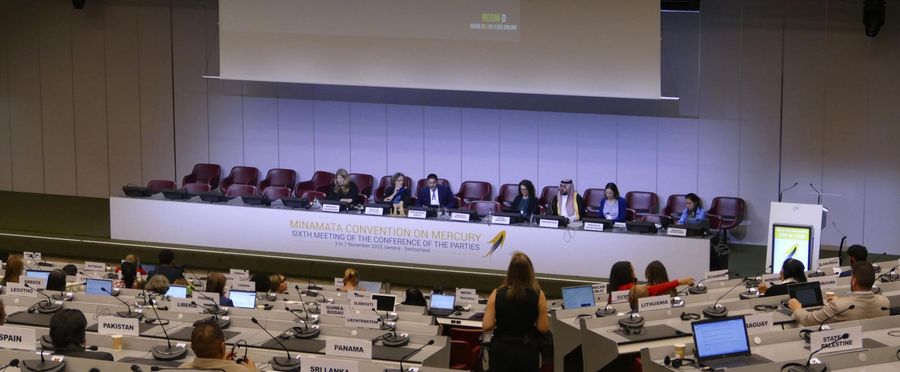Japan's Ministry of Health, Labour, and Welfare has announced a ban on the production of dental fillings containing mercury, to be fully implemented by the end of 2034. Despite their ubiquity in modern dentistry, these fillings pose potential health risks to patients and environmental hazards when improperly disposed of. The action aligns with the Minamata Convention, a global agreement to decrease mercury pollution.
Japan takes both healthcare and environmental protection seriously. The Minamata disaster, a mass mercury-poisoning event that occurred in Japan in the mid-20th century, still influences national policy and public perception. Therefore, the ban on mercury fillings signifies not just a health concern but an environmental one, demonstrating Japan's ongoing commitment to avoid repeating history's mistakes.
The EU has already enacted similar bans, with the use of mercury fillings in children and pregnant women banned since 2018. In the US, the FDA continues to deem mercury amalgam fillings safe for adults, though it cautions against their use in high-risk individuals. The public awareness of and concern about mercury fillings in these regions vary widely.

